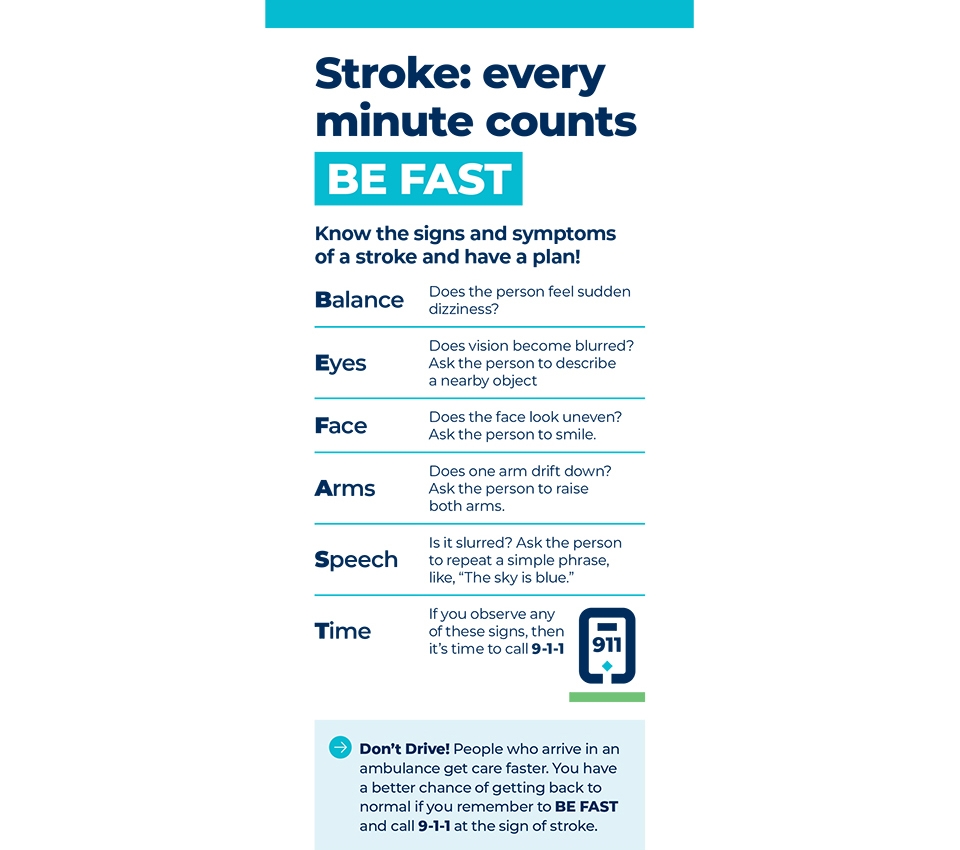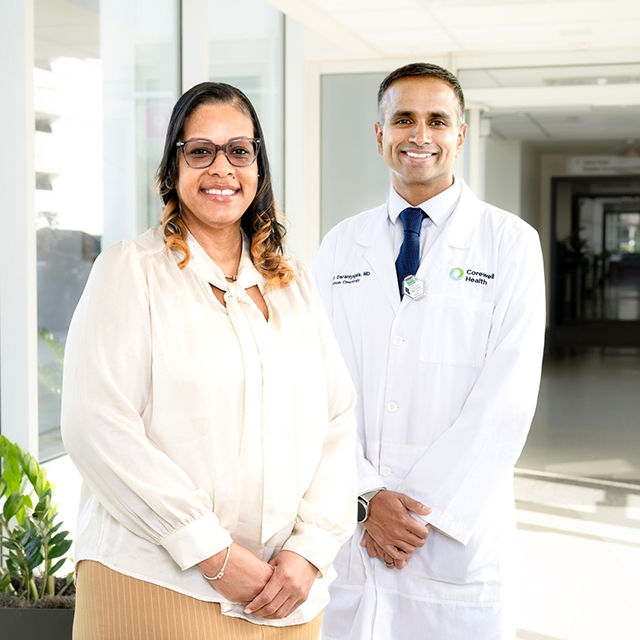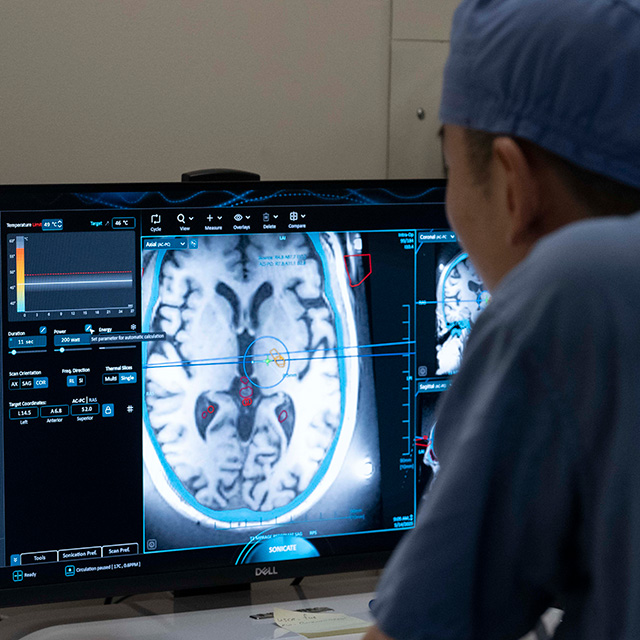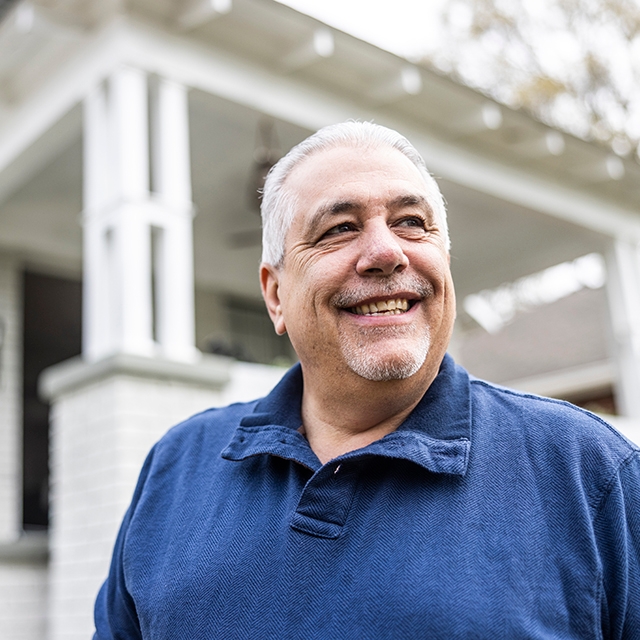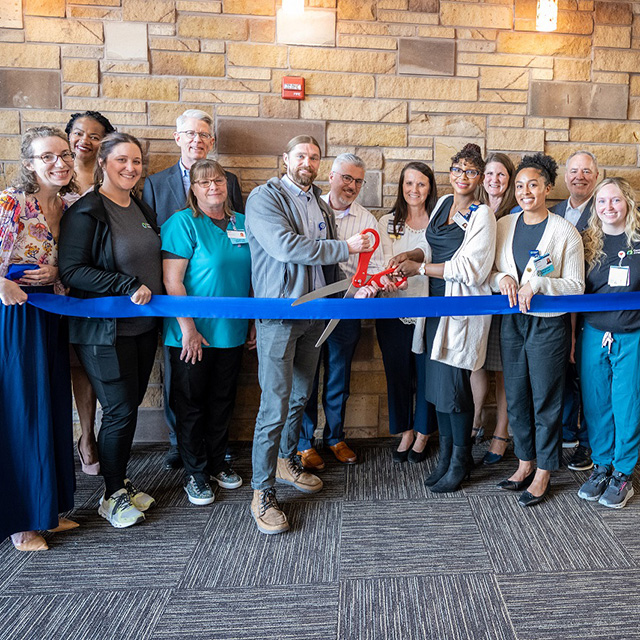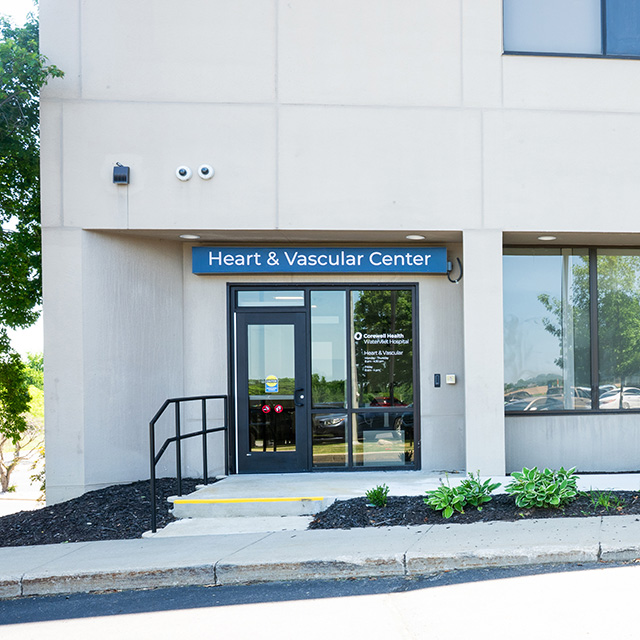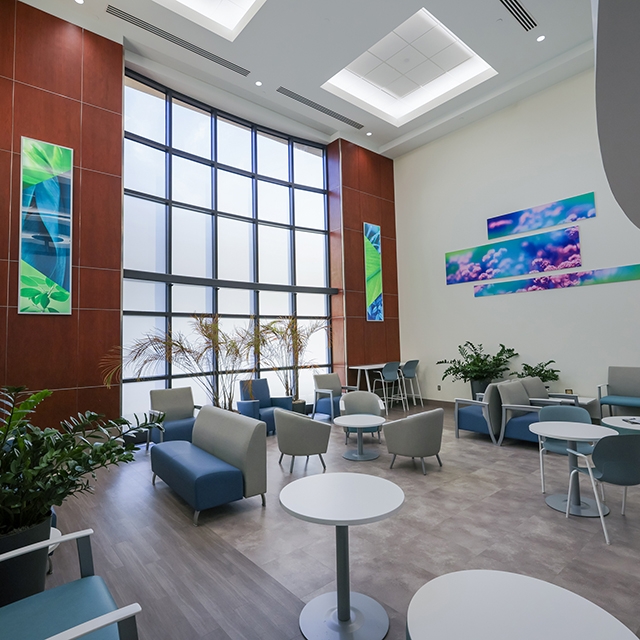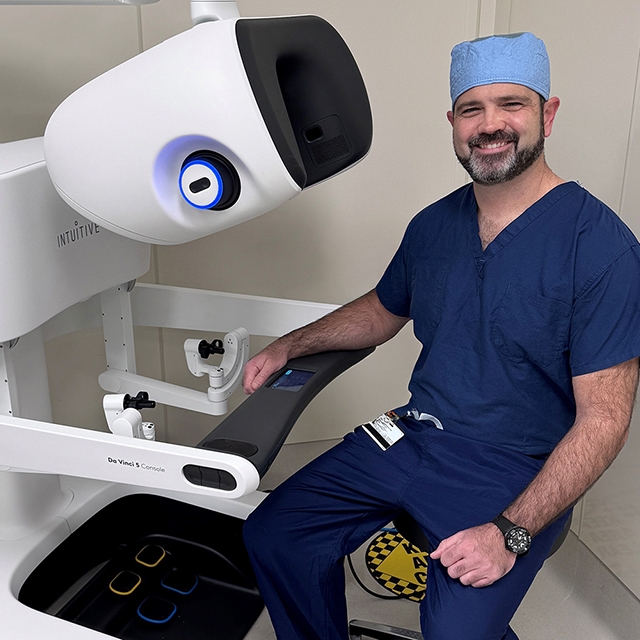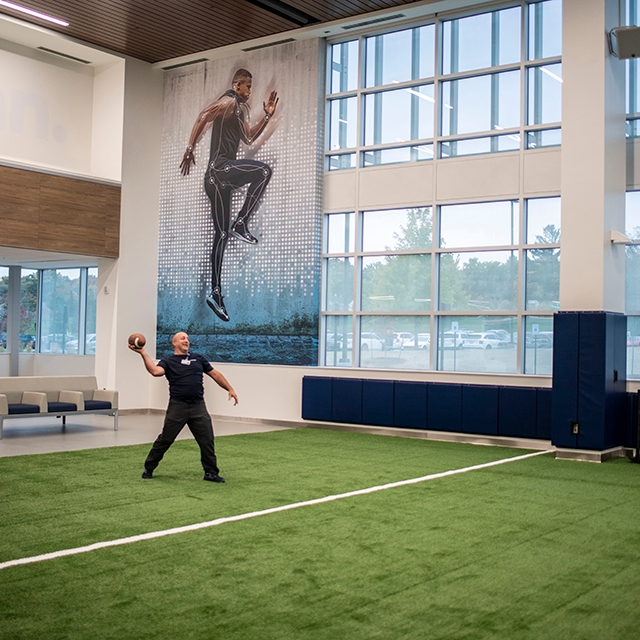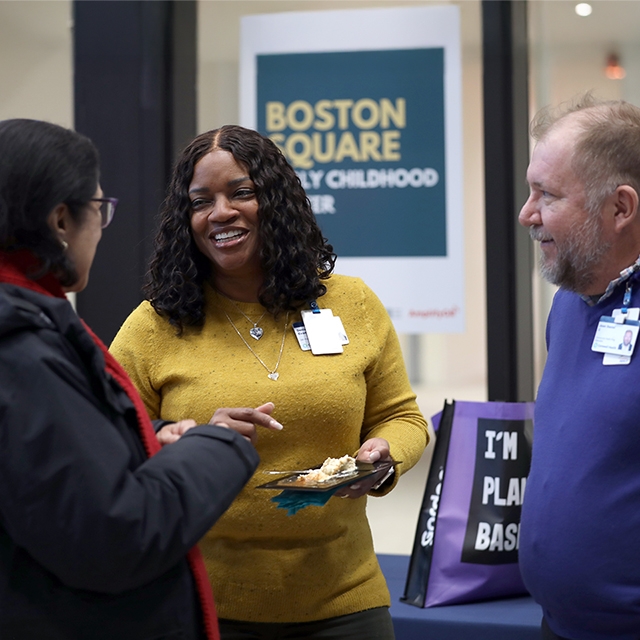A new precision therapy technique is targeting hard-to-treat cancers like never before.
Stroke Care: When Every Minute Counts
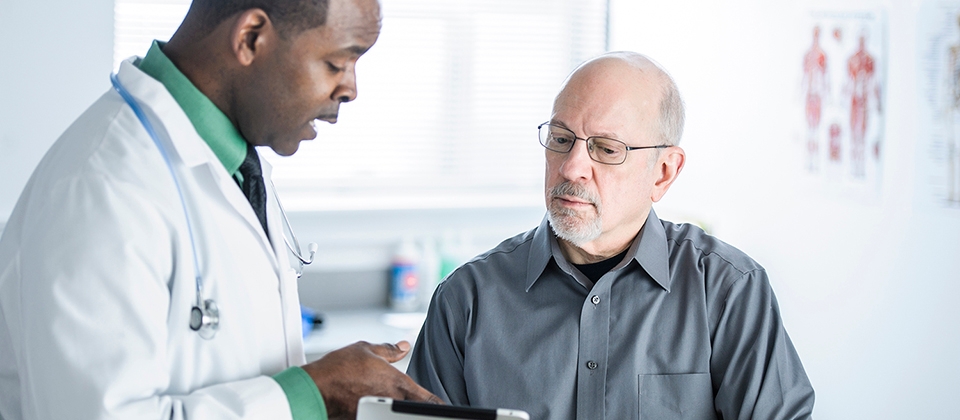
Here is a startling statistic: According to the CDC, about 80% of strokes are preventable.
So, what can you do? A good place to start is knowing the risk factors, such as smoking, high blood pressure, heart disease, diabetes, high cholesterol, and obesity. Age, gender, ethnicity, and family history of stroke are also important to understanding your risk.
Reducing modifiable risk factors like smoking, high blood pressure, or obesity may be challenging, but you don’t have to do it alone. Your primary care doctor can connect you with treatments, medications, and resources. Limiting alcohol intake, avoiding salty or fried foods, and exercising regularly can help decrease your chance of having a stroke. Even small changes can help reduce stroke risk and improve your health.
Due for a checkup? Find a doctor now.
Know the signs
You have probably heard this before, but it bears repeating: If you think you or a loved one might be having a stroke, immediate medical intervention is critical. It could make the difference between a complete recovery and serious physical disability or even death.
Here’s an easy way to spot a stroke using the acronym BE FAST:
About 80% of strokes are ischemic. They happen when a clot forms and blocks blood flow through a large artery in your brain. The other 20% of strokes are hemorrhagic, where a blood vessel ruptures within your brain. This bleeding can directly damage your brain and may also cause injury to surrounding healthy parts of the brain.
Time to treatment matters
Time is brain. Two million brain cells die every minute the brain is deprived of oxygen. Calling 911 and arriving by ambulance to the hospital leads to quicker treatment, which can improve outcomes. Paramedics can stabilize you en route and communicate with emergency doctors, speeding up your care when you get to the hospital.
Throughout the state, our emergency department teams are trained to quickly identify strokes and act. Two of our hospitals are certified as Comprehensive Stroke Centers, the highest level of certification: Corewell Health Butterworth Hospital in Grand Rapids and Corewell Health William Beaumont University Hospital in Royal Oak. This means they have stroke-trained neurosurgeons and neurologists with the experience to treat even the most complex stroke cases at any time.
“It’s important to seek help immediately if you are having stroke-like symptoms,” said Todd Vitaz, MD, neurosurgery division chief, Corewell Health. Frequently, patients will show up in the emergency department several hours or even days after the onset of symptoms. By then, a significant amount of permanent damage to the brain has already been done."
Stroke treatments can include clot-busting medication or thrombectomy, a procedure that removes a blockage with tiny, high-tech tools that can snake through your vessels. The specialized tools used in thrombectomy continue to progress. This allows surgeons to offer this lifesaving treatment to a wider range of patients.
Getting the most out of recovery
Follow-up care can involve a team of specialists, such as stroke neurologists, physical therapists, speech therapists, occupational therapists, neuropsychologists, social workers, or other experts. Depending on the severity of the stroke, this care may be provided in the hospital or on an outpatient basis.
Advancements in technology have introduced treatment options for individuals experiencing upper mobility challenges six months or more after a stroke. Corewell Health offers a new treatment that combines the Vivistim device, which stimulates the vagus nerve, with intensive rehabilitation. This combination of treatments has enabled patients to resume everyday activities such as walking, speaking, and living a fulfilling life.
“While ongoing research is constantly expanding our window for treatments following a stroke, the best outcomes continue to be seen in patients who seek immediate medical attention,” Dr. Vitaz said. “Be familiar with possible symptoms because time saved really can be brain saved."
Proactively improving your health, managing chronic conditions, and controlling risk factors are the best ways to reduce stroke risk. Talk to your doctor about what you can do to help prevent a stroke.
Make simple changes
Improving heart health can help lower stroke risk.
Need a primary care doctor?
We can help. Explore your options.


